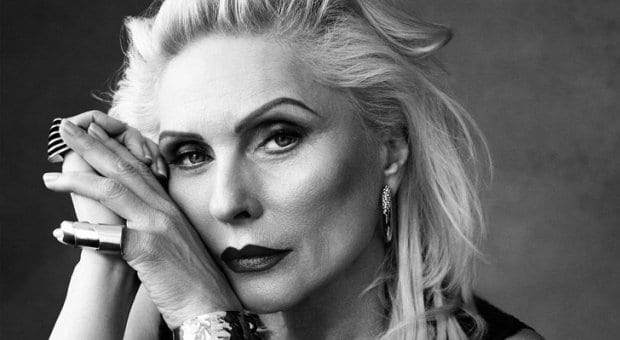Punk and new wave icon Debbie Harry recently came out as bisexual in an interview with the Daily Mail in London. When asked if rumours concerning the Blondie star’s sexuality had any merit, Harry simply responded, “Yeah.” Harry then dished further, stating that she found women to “be more sensual.”
The rocker’s cavalier and forthright attitude during the interview is refreshing but doesn’t come as much of a shock, since Harry has been vocally supportive of gay rights throughout her career. More recently, she turned down a lucrative offer to perform at the Sochi Olympics, saying she wanted to stand in solidarity with the queer community and in protest of Russia’s anti-gay laws.
Formed in 1975, Blondie was a permanent fixture in New York City’s punk scene and frequently performed at the legendary, and now defunct, CBGB club in Manhattan’s Bowery neighbourhood, alongside the likes of Talking Heads, The Ramones and Patti Smith.
Blondie joined the big leagues with the release of Parallel Lines, which was released in late 1978 at the height of the disco era. “Heart of Glass,” the album’s third single, became a worldwide megahit that’s yet to dip out of radio rotation. Blondie and Harry came under fire from major players in the new wave and punk scenes in New York City because of the disco feel of the song, with Blondie’s own drummer initially refusing to play it live.
Harry’s glammed-up appearances at Studio 54 at that time did little to dull accusations that she was selling out. Regardless, Blondie had a string of mammoth hits in the late 1970s and early ’80s, including “One Way or Another,” “Rapture”and “Call Me,” which enjoyed six weeks at number one in the United States. Blondie’s new album, Ghosts of Download, is slated for release sometime this year.
During her interview with the Daily Mail, Harry teased, “I don’t know if I have any specific requirements, just somebody nice, who has a good sense of humour and loves to have sex. What more could you ask for?”
Call me.

 Why you can trust Xtra
Why you can trust Xtra


